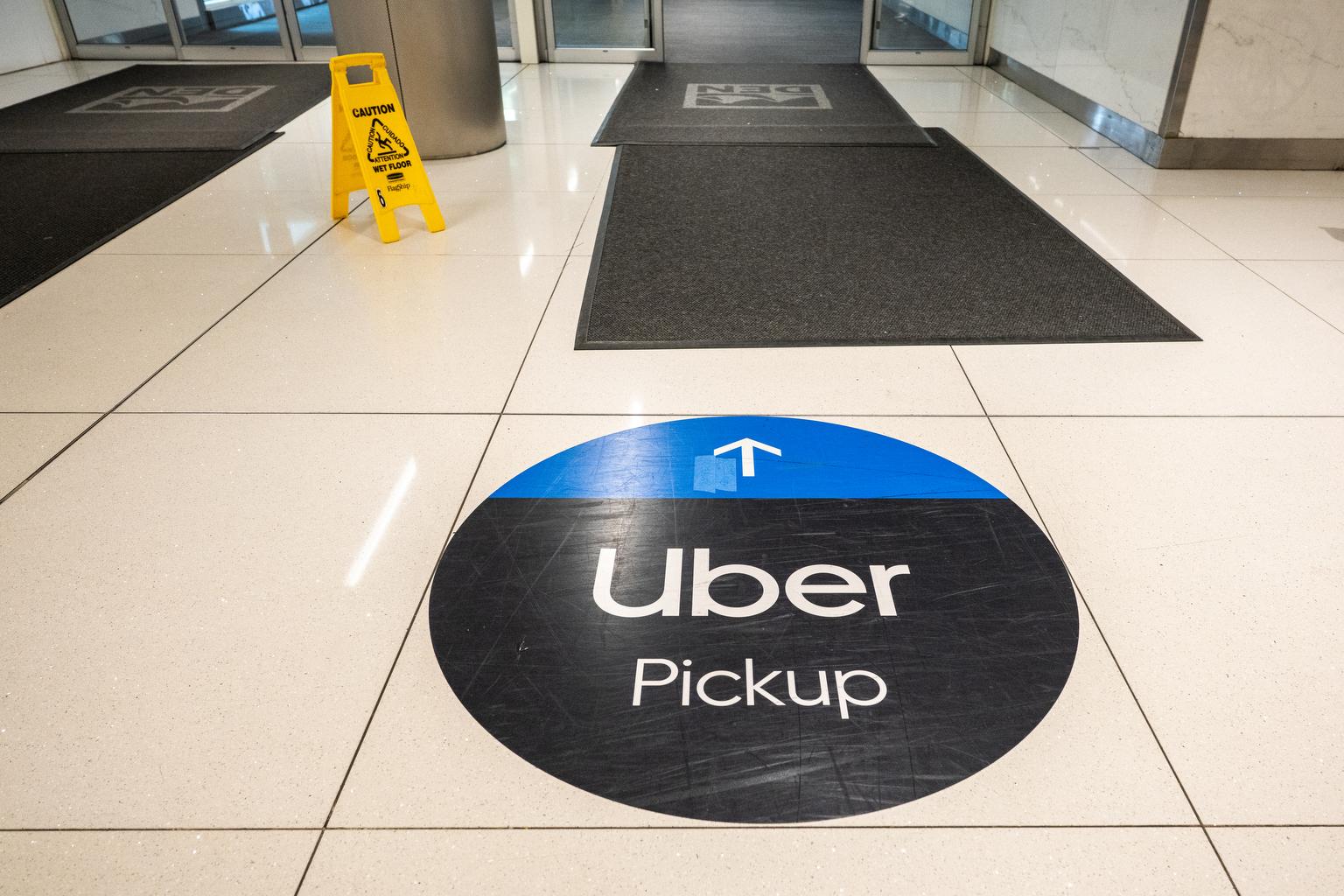
Uber and Lyft are putting pressure on Democratic Gov. Jared Polis to veto House Bill 1291. The bill aims to improve safety for rideshare passengers, but the companies complain it would add costly, vague and unworkable burdens without achieving its goals.
Uber continues to say it will stop operating in Colorado if the bill becomes law. Lyft has not gone quite that far, but said the bill harms those it seeks to protect and would leave “the future of Lyft’s operations in Colorado uncertain.”
The companies may find Gov. Polis receptive to their message. Even after backers made significant changes to allay opponents’ concerns, his office said the governor still had “significant legal and policy concerns with the legislation.”
The bill adds requirements around background checks, bans drivers from offering passengers food and drink and requires drivers to have the ability to record inside their vehicles, although both the passenger and driver would have to agree to the monitoring. It also allows people to sue a rideshare company or driver in the most egregious situations, such as those involving death, sexual assault, personal injury, or kidnapping. Right now most cases are required to go to arbitration.
Uber users opening their apps this week were greeted by a stark message: a pop-up reading “Save Rides-- Urge a Veto."
“Riders in every corner of the state depend on Uber to get around and thousands of drivers depend on Uber as a reliable source of income,” states the message urging Colorado riders to contact Polis. A spokesperson for Uber said the company has formally requested a veto. Uber was especially concerned about a provision requiring companies to share data on riders and drivers who are removed from their platforms, and a section around records retention and privacy for audio and video recordings.
Lyft sent a letter to the Governor on Tuesday outlining concerns and asking him to veto the bill. The company said the legislation is well-intentioned but has poorly-thought-out provisions including the private right of action and language that would potentially make it easier for people with recent DUIs to drive.
“We remain committed to continuing this important dialogue and working together to identify common-sense solutions to make rideshare even safer,” said Jerry Golden, Lyft’s Chief Policy Officer.
When asked by CPR Wednesday what Polis intends to do, the governor's office reiterated his criticisms of the policy.
“Governor Polis is committed to making Colorado safer for everyone, including making sure ride-sharing companies are keeping riders and drivers safe,” said spokesperson Shelby Wieman. “He has shared concerns about privacy, conflicts with federal and existing state law, and the ability of the bill to be successfully implemented, as well as the ability for (Transportation Network Companies) to successfully comply. He wants TNC companies to continue to operate in Colorado supporting nearly 50,000 jobs. He will review the final version of the bill.”
Democratic Rep. Jenny Willford of Northglenn spearheaded the rideshare safety effort after going public about being sexually assaulted by a Lyft driver in February 2024. Prosecutors this week charged the man who allegedly attacked her with one felony count of unlawful sexual contact. Willford is also suing Lyft.
Willford said that since sharing what happened she’s heard from people across the country with stories “of being drugged, of being kidnapped, of being trafficked, of being sexually assaulted” after getting in a rideshare.
After the bill’s passage she said she remained hopeful that Polis would sign it into law.
“Sharing a personal story of trauma is incredibly different, but running legislation that's connected to it that has so many other survivors and stories connected to it is heavy too because you want to do the best job, you want to represent them, you want the policies to pass in a way that survivors can be proud of.”
She also criticized Polis’ office and said they didn’t communicate with her about his serious concerns until very late in the process when the legislative session was almost over.
“To have a policy introduced in February and not receive written feedback from the governor's team until Monday, two days before we're adjourning is really frustrating. And I feel like we have worked extremely hard to address the concerns of rideshare companies.”
The governor's office said they completely disagree with Wilford’s characterization of the process and that there were multiple meetings with sponsors throughout the session to give feedback and raise policy concerns.
“The Governor’s Office was also given very little or even no notice about new amendments added to the bill very late in the process, and provided written feedback to the sponsors about various provisions where language was unclear, conflicting, and where the state had continuing policy concerns. The Governor is committed to protecting Coloradans and ensuring safety for all who use ridesharing apps, which is why he voiced his concerns with the ability for this bill to be implemented successfully,” said Wieman.
Editor's Note: This story has been updated to include a response from the governor's office on the bill's process and to correct a misspelling of Shelby Wieman's name.
Funding for public media is at stake. Stand up and support what you value today.








